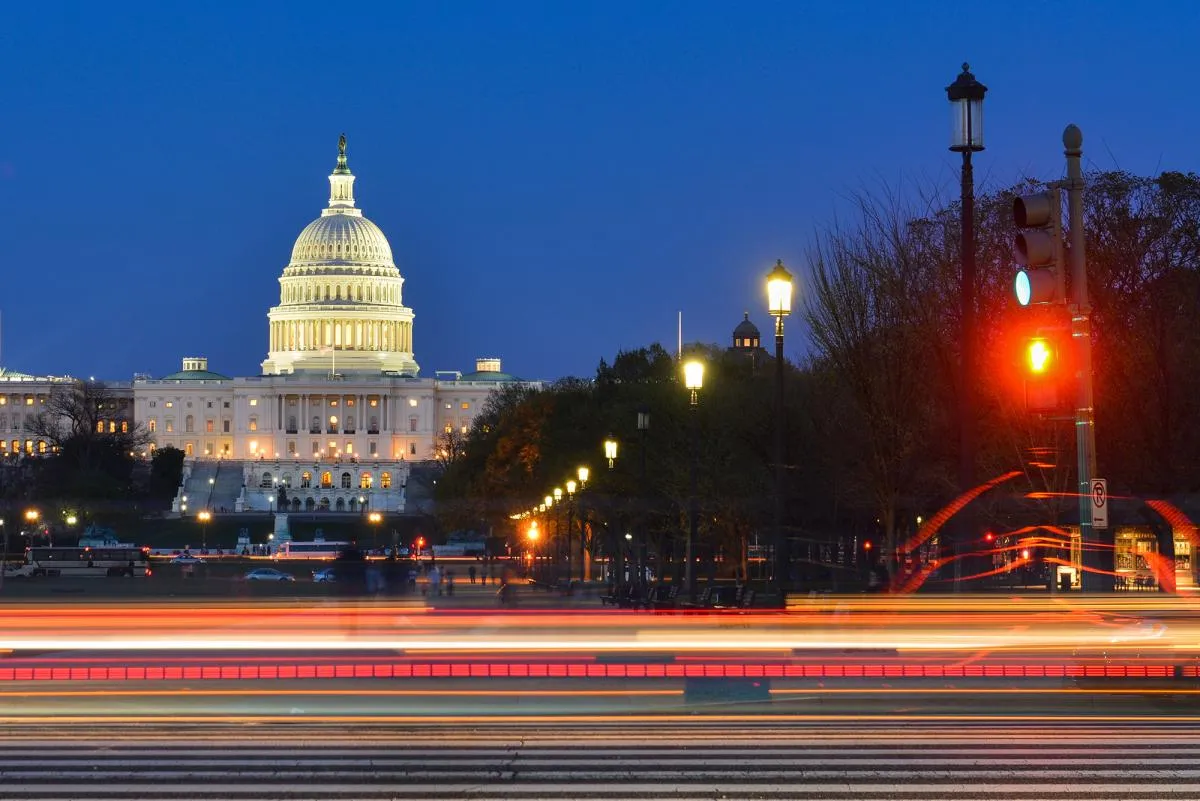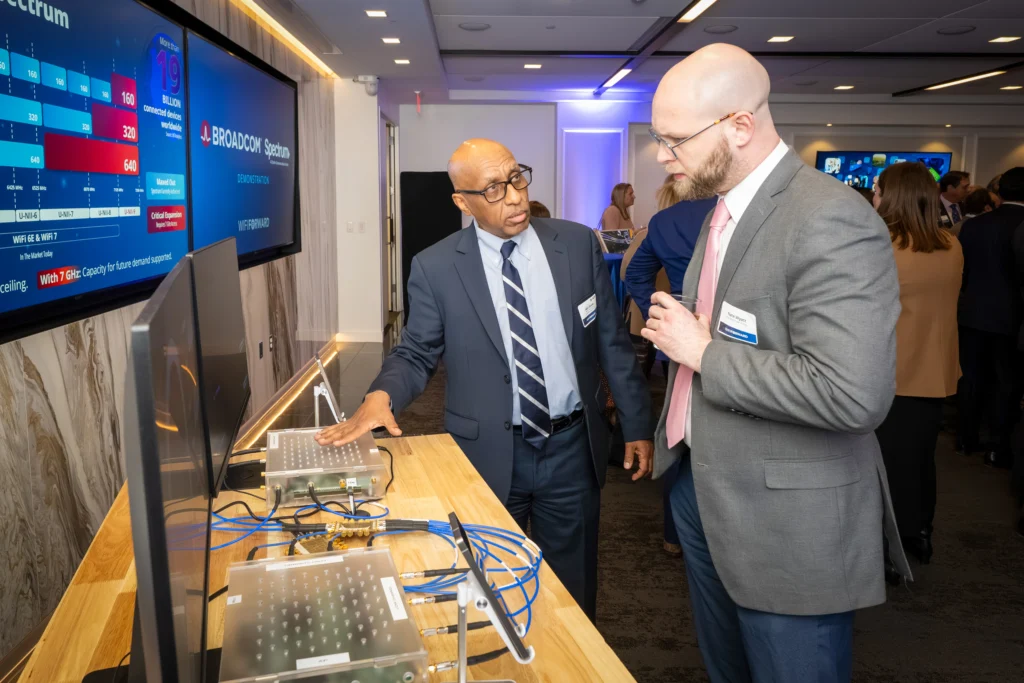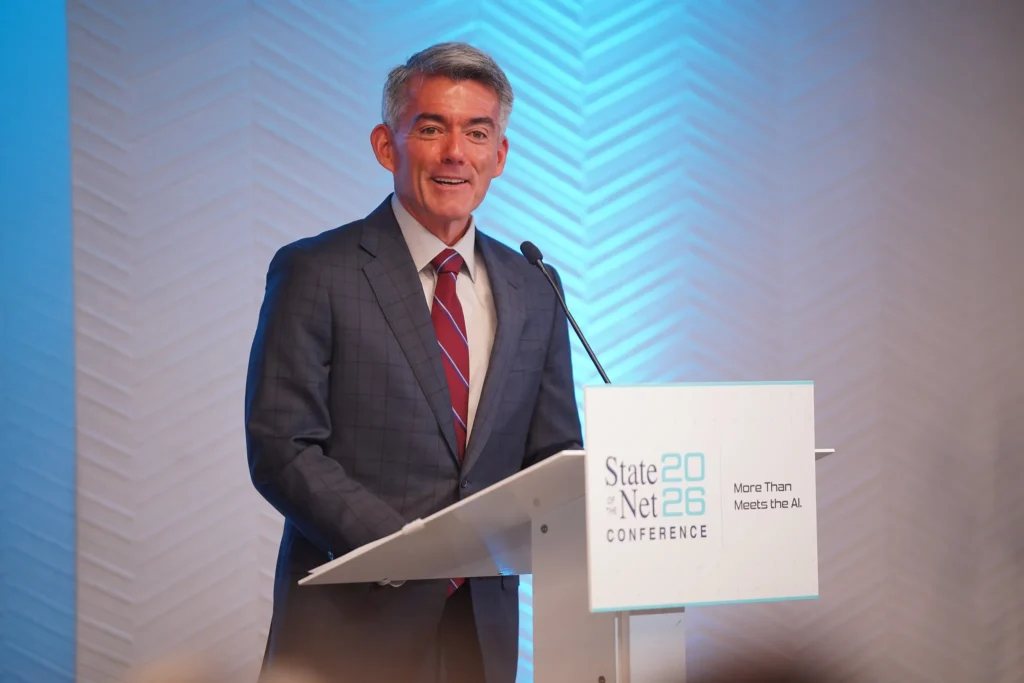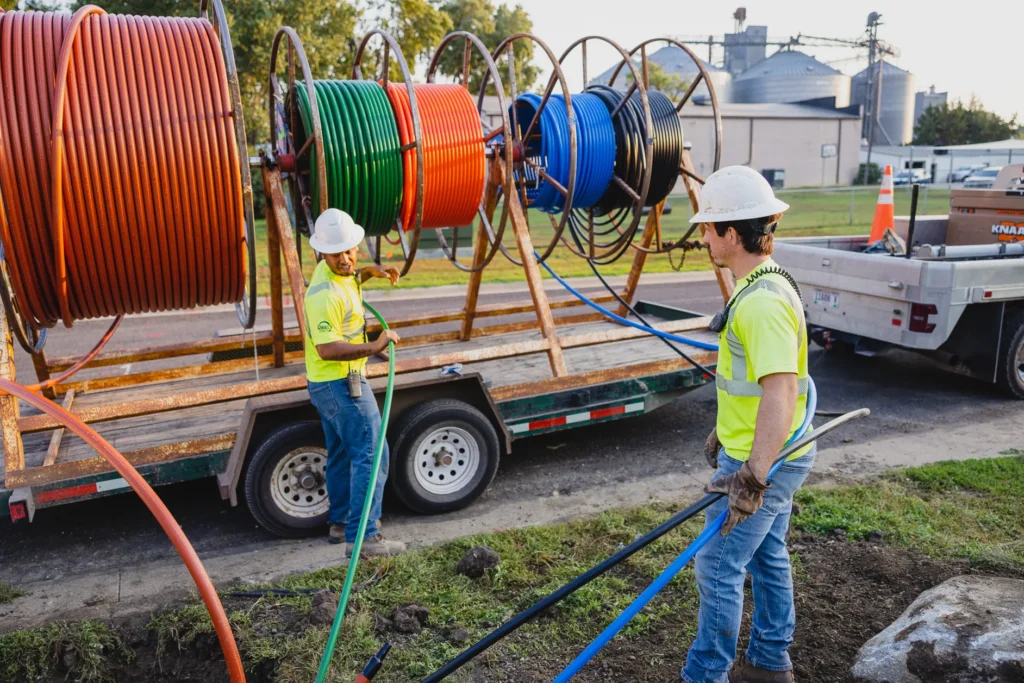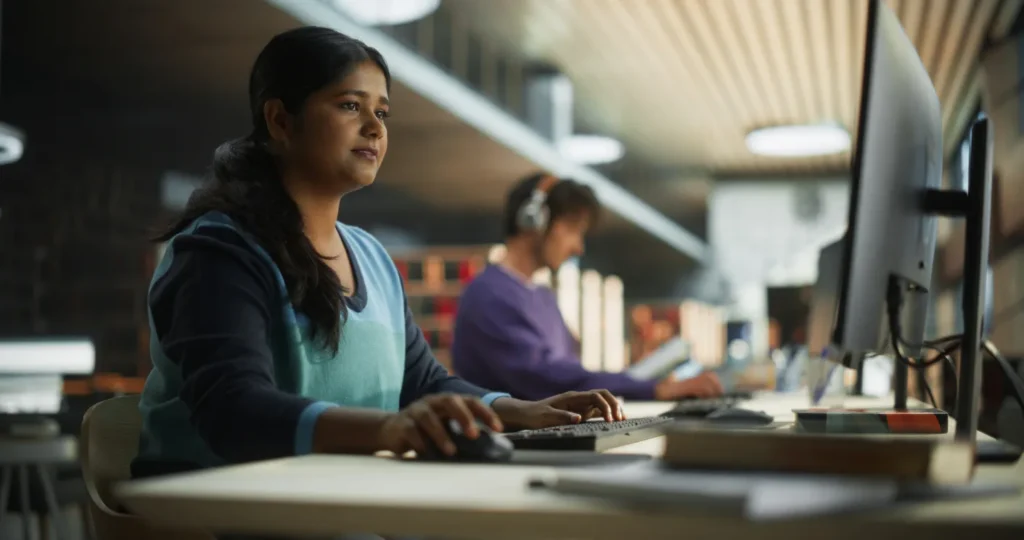Tomorrow Michael Powell, President and CEO of NCTA – The Internet & Television Association, will testify before the House Subcommittee for Communications and Technology. The hearing will focus on preserving an open internet for consumers, small businesses, and free speech. This is an issue the broadband industry not only supports, but also one we have consistently worked with policymakers to advance. Though the issue has become increasingly polarized, the fact remains that the core issue—protecting an open internet—is one everyone has always agreed on. Indeed, this critical issue deserves an honest discussion about how best to protect an open internet while ensuring the continued success of the fastest deploying technology in the history of the world.
In advance of tomorrow morning’s hearing, here are some highlights from Powell’s testimony on where NCTA stands on the issue, and potential a path forward.
NCTA supports an open internet:
“All major stakeholders support the establishment of binding rules, which is why the broadband industry has consistently engaged with Congress and other policymakers on establishing durable and enforceable requirements. Moreover, there is a fairly consistent consensus about what the rules should be. Since 2004, when I outlined the four internet freedoms while serving as the FCC Chairman, we have found common ground around the basic tenets of net neutrality rules: There should be no blocking or throttling of lawful content. There should be no paid prioritization that creates fast lanes and slow lanes, absent public benefit. And, there should be transparency to consumers over network practices.”
FCC doesn’t have the tools to make rules:
“The FCC has struggled to adopt sustainable rules because it lacks a clear basis of jurisdiction on which to moor net neutrality rules that would apply to internet service providers. Figuring out what the rules should be has not been the problem. Rather, the problem for the Agency has been how to adopt appropriately targeted rules in the absence of clear congressional direction. If authority is the problem, congressional action is the answer.”
“The FCC’s statutory authority was drafted in an era that predates the rise of the internet. Congress has not comprehensively addressed communications policy since 1996, eons ago in internet time. Trying to address a contemporary question using antiquated tools requires the Commission to engage in contorted legal gymnastics.”
“By trying to fix the jurisdiction bug, the FCC ended up introducing a new more damaging one that is fraught with unintended and unexplored consequences that could severely harm the internet ecosystem. Moreover, Title II shattered the strong bipartisan consensus and politicized the issue, guaranteeing that the rules would swing wildly with every election.”
The status quo isn’t working:
“In software programming, an infinite loop is defined as “a piece of coding that lacks a functional exit so that it repeats indefinitely.” Similarly, the net neutrality issue is caught in an infinite loop. It is high time to debug this debate—avoiding approaches that will only perpetuate it—and reach a bipartisan resolution that puts in place a sound and enforceable set of rules.”
On Title II:
“As Congress once again takes up this issue, it is important to recognize that Title II is not a synonym for “strong net neutrality” as some advocates breezily maintain. In fact, Title II is entirely distinct from net neutrality and is an unnecessary precondition for Congress to establish strong net neutrality requirements coupled with strong enforcement”
“Given the great dangers and slim benefits of Title II, and the unquestionable fact that Congress can adequately protect net neutrality without it, Congress has the opportunity and the tools to rewrite the script and end the infinite loop. Unlike the regulators, this institution has the constitutional power to create new legal authority.”
Want more? Read the full text of Michael Powell’s opening statement before the subcommittee, and check out our position page on protecting an open internet.

